Tag: Environment


How the Grace Richardson Fund is putting free-market environmentalism into action
January 17, 2024 | Post
The Grace Richardson Fund, a private foundation under the visionary leadership of President Rod Richardson, has been a trailblazer for free-market environmentalism

Tuvalu could become the world’s first digital country as it sinks into the ocean
December 18, 2023 | Post
Climate refugees, like those from Tuvalu, warrant equal consideration alongside other displaced populations.
Moreover, proponents of liberty should unequivocally support Tuvaluans’ desire to live where they choose to: their beautiful Pacific island home.

Here’s the reason mainstream environmentalist groups hate nuclear energy: they’re paid to
November 28, 2023 | Post
For decades, nuclear power has been shunned by mainstream environmentalism.
However, the Natural Resources Defense Council, a prominent environmentalist nonprofit, recently shut down its longstanding program dedicated to opposing the nuclear industry — and they’re not alone in this switch of priorities.
So, what is causing environmentalist groups to run out of steam in their anti-nuclear campaigns? Is mainstream environmentalism about to finally embrace nuclear power?

What would Adam Smith write about now?
October 6, 2023 | Post
In the pantheon of economic thought, Adam Smith stands as a colossus, a philosopher whose seminal work, The Wealth of Nations, fundamentally shaped our understanding of free markets and the power of individual self-interest to fuel societal progress. But what would he write about today’s issues?

Climate anxiety and sunk costs: flipping the script on ostrich solutions
August 29, 2023 | Post
By striking a balance between support and accountability, while respecting individual liberty and property rights, we can address climate anxiety in a way that promotes long-term resilience and responsible stewardship of our environment. Here are four broad suggestions:

The importance of free markets in building a sustainable future
July 18, 2023 | Post
The free market is a powerful ally in the pursuit of a sustainable future. It rewards efficiency, responsible resource management, and, ultimately, sustainable solutions to environmental challenges. Here’s why…

Inefficiency and unintended consequences: why environmental regulations typically fall short
May 30, 2023 | Post
In an era marked by growing concerns about climate change, the role of government in addressing environmental issues has become increasingly prominent. However, as billions of dollars are poured into climate change programs and regulations, it is essential to critically examine the true impact and costs of these initiatives.
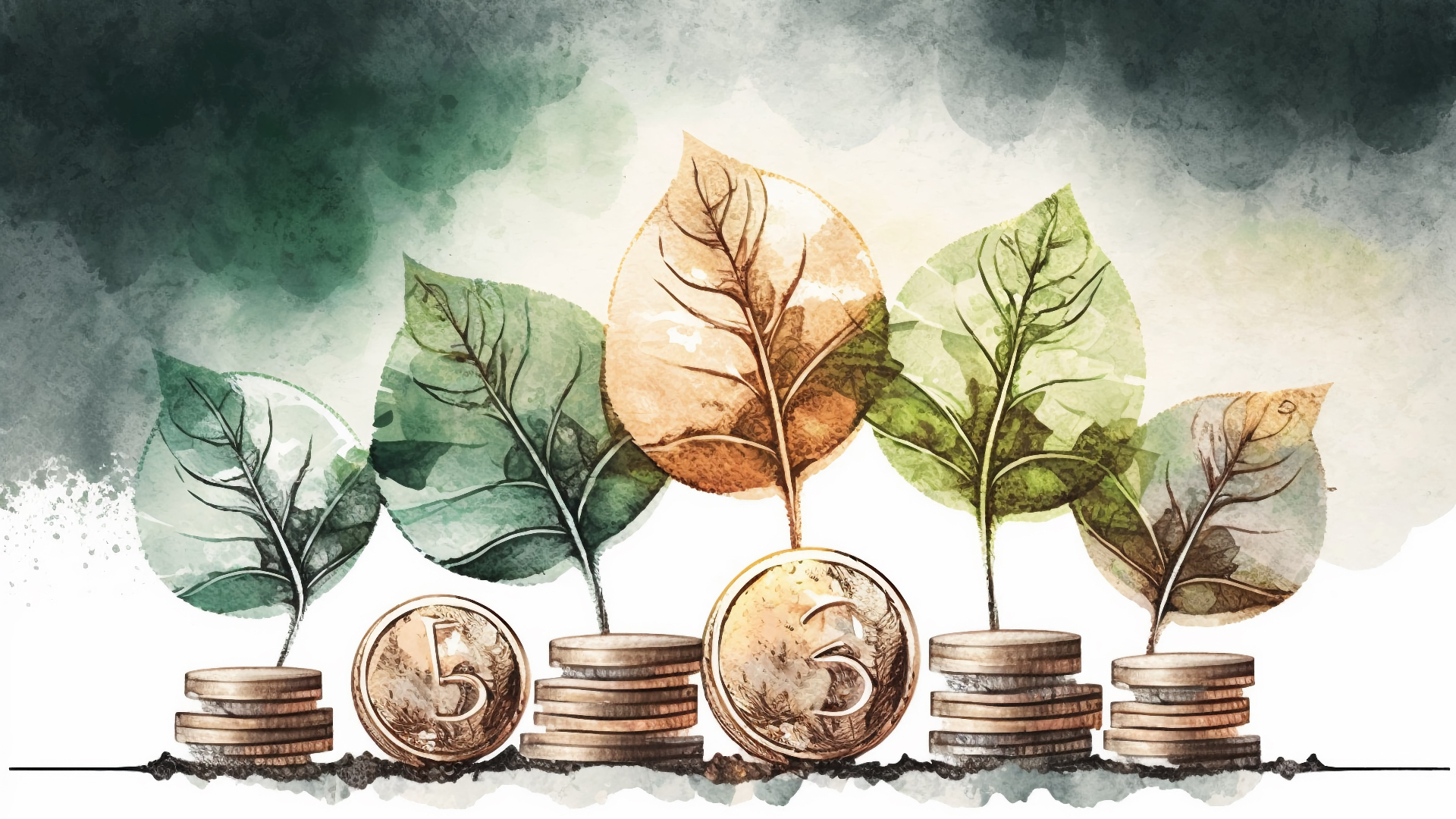
What is free-market environmentalism?
April 28, 2023 | Post
Free-market environmentalism combines the ideals of environmental protection with the principles of a free-market economy. It acknowledges that markets can provide powerful incentives for conservation and environmental stewardship, and that private property rights and contracts can be leveraged as tools to protect the environment. But how exactly does this work?
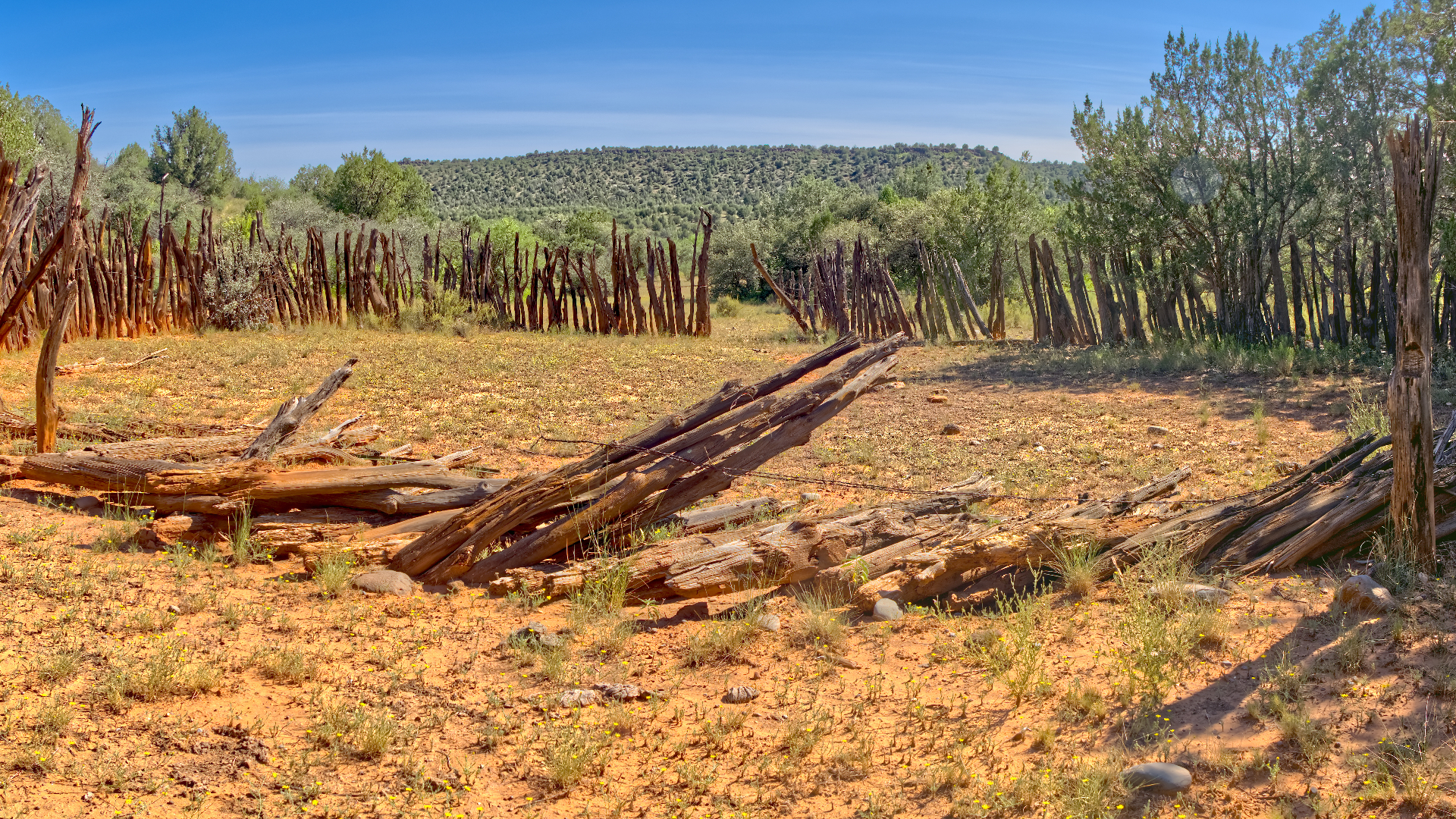
The tragedy of the commons explained
April 13, 2023 | Post
The tragedy of the commons is a concept that describes the depletion or degradation of shared resources that are not owned or managed by any individual or group. It occurs when multiple individuals, each pursuing their own ends, overuse or exploit a shared resource to the point of depletion, resulting in harm to all users of that resource in the long run.

Why innovation is the solution to the carbon crisis
April 3, 2023 | Post
The distinctly human capacity for innovation has reduced hunger and poverty, and greatly expanded our life expectancies since the Industrial Revolution. Many industries may have contributed to the carbon crisis, but a new industry will be what solves it.
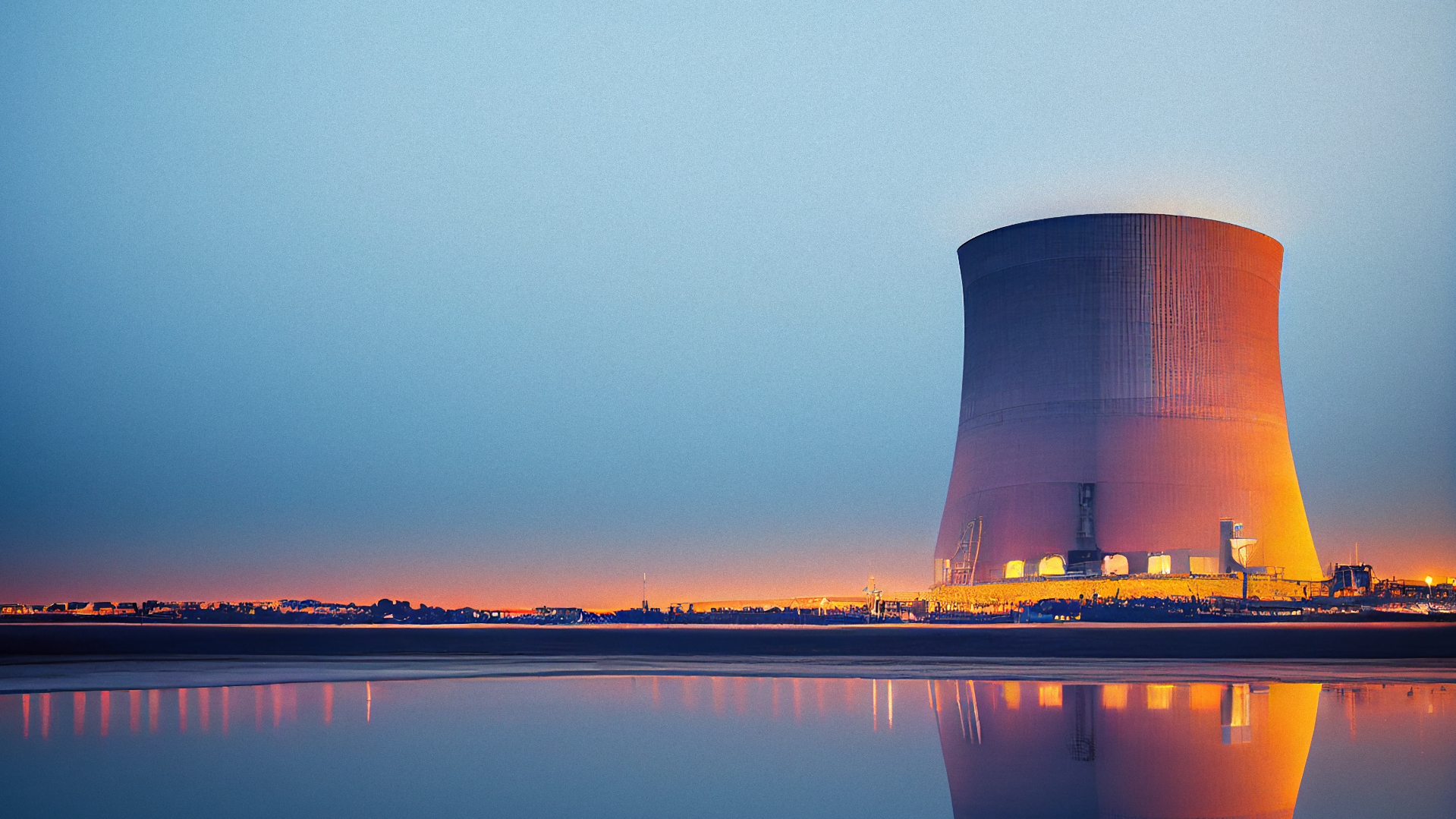
Out with the coal, in with the nuclear
March 15, 2023 | Post
Despite the economic challenges involved, nuclear power is our best chance of walking that tightrope that allows us to manage both economic and industrial concerns while decarbonizing. Is that not the objective we are all striving for?

2022 is over and Soylent Green isn’t people
January 16, 2023 | Post
Soylent Green (1973), a dystopian sci-fi movie, depicts a world suffering from overpopulation, climate change, and extreme inequality, where the rich exploit and own the poor, who survive on the evil Soylent Corporation’s processed plankton. As 2022, the year in which Soylent Green was set, has now passed, the movie’s grim predictions of overpopulation have proven misguided.

Don’t believe the hype, Bitcoin is not anti-environment
January 4, 2023 | Post
Bitcoin, an innovative, decentralized digital currency, faces significant criticism over its perceived negative environmental impact. However, it is no enemy of the environment. Here’s how it can be part of the future of clean energy…

Here’s why population growth is an opportunity, not a threat
November 18, 2022 | Post
The United Nations recently announced that the world’s population is now estimated to have reached 8 billion — up from 7 billion as recently as 2011. This latest milestone has seen renewed alarmism from those who believe that the planet is already overpopulated.But is population growth really such a threat to humanity? There are many reasons to believe that, quite the opposite, population growth actually amplifies opportunities for tackling humanity’s greatest challenges.

How the sharing economy protects the environment
November 9, 2022 | Post
To protect the environment, the way forward is through the promotion of markets and innovation, including the sharing economy, which can solve the problem far more effectively than state regulation.

How the profit motive can protect the environment
August 22, 2022 | Post
The pursuit of profit in the free market is often cited as the main cause of environmental disasters and poor environmental quality, leading to a lot of blame placed on entrepreneurs. However, this is certainly not set in stone. Indeed, the pursuit of profit can actually protect the environment, rather than devastate it.

Market-based solutions to climate change
June 30, 2022 | Post
Given the various shortcomings associated with central planning, market-based solutions are extremely important in addressing climate change. Due to their sensitivity to geographic and technological differences across society, market-based solutions ought to be an important part of any solution.
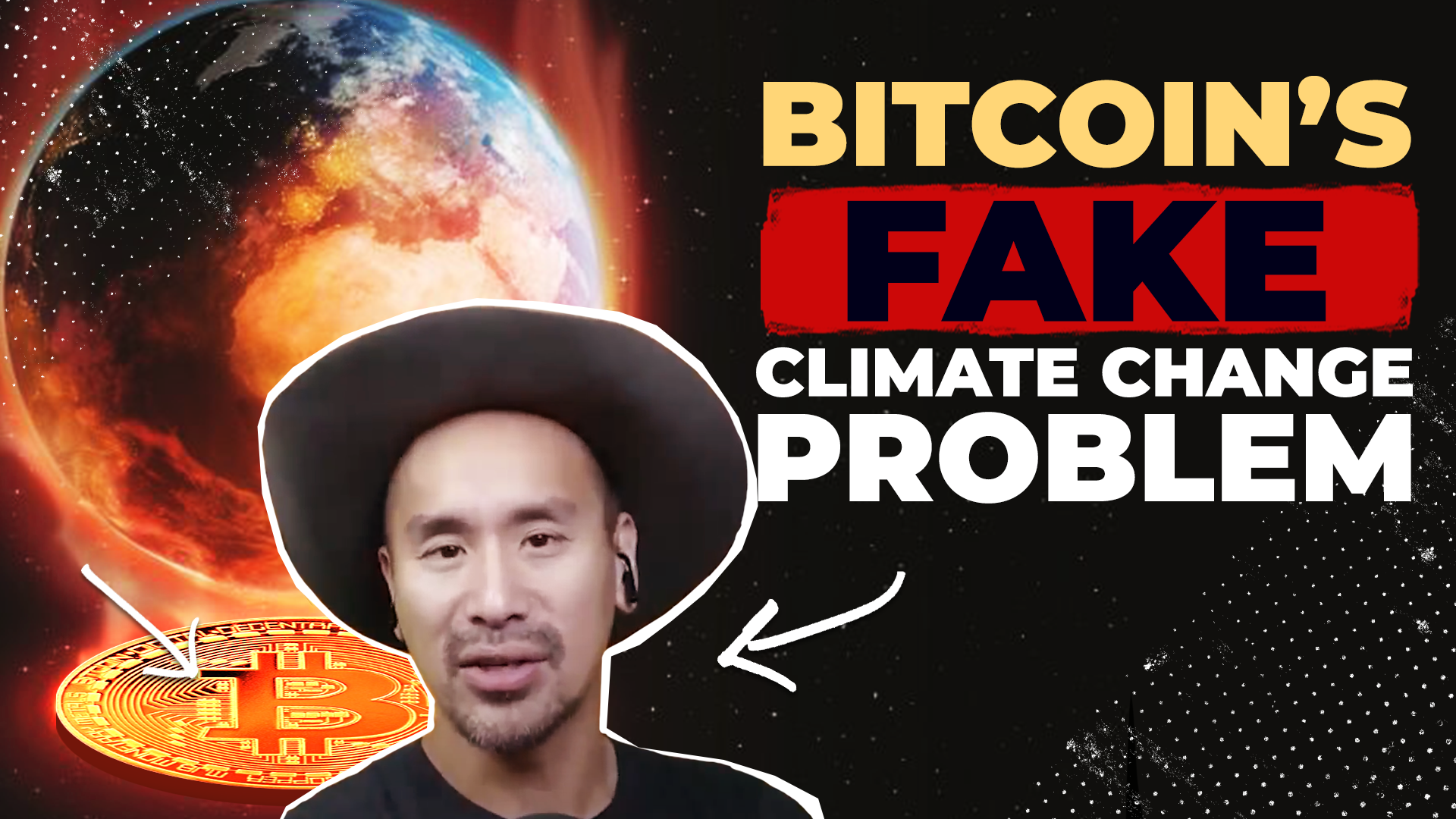
Bitcoin is not a threat to Climate Change
January 11, 2022 | Video
Bitcoin is a serious and direct threat to governments’ power to control and print money. So, politicians and bureaucrats are building Bitcoin into the ultimate boogeyman. It “puts the financial system at the whims of some shadowy group of super-coders,” said Senator Elizabeth Warren. Then there’s the narrative — pushed by British newspaper The Guardian […]

The organic industry is a case study in rent-seeking.
February 5, 2018 | Post
If businesses get government subsidies to make their products cheaper, or “capture” regulation to hurt their competitors, that’s rent seeking.
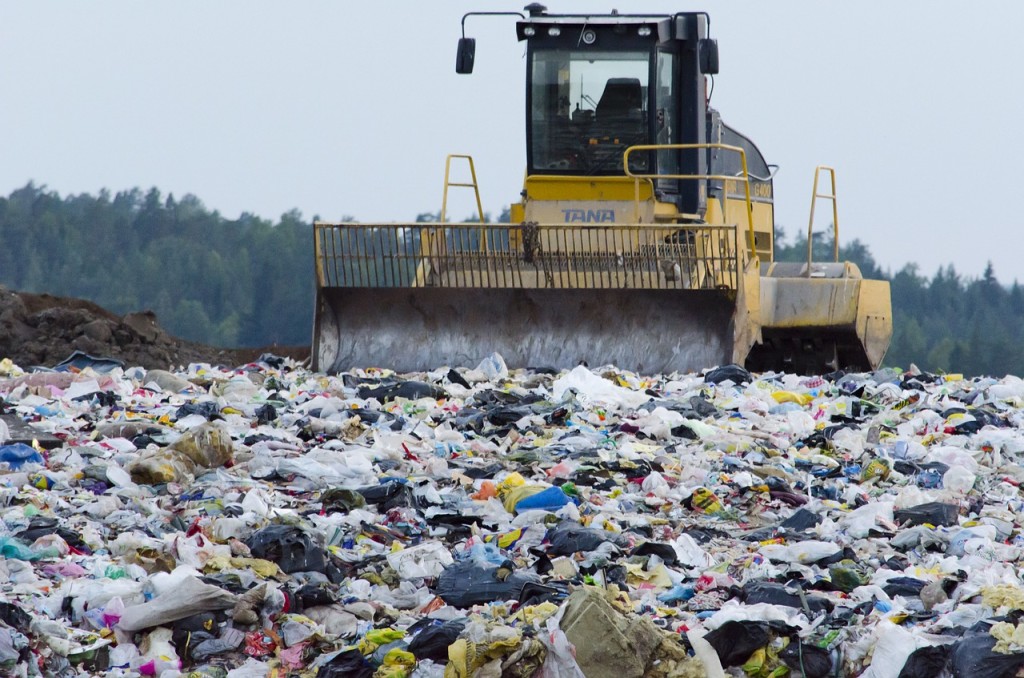
Greener than Thou?
May 23, 2016 | Post
I have a confession to make. I don’t recycle as many people understand the term. I try to reduce and reuse-I “recycle” shirts, towels, dishes, and the like in that I don’t discard them after one use, but several years ago I stopped recycling in the sense that I don’t put bottles, cans, and newspaper […]

Ethanol: Why is there corn in your car?
April 15, 2016 | Post
In 2012, we released a video answering the question, “Why is there corn in your Coke?” Now, Jared Meyer sat down with Robert Bryce, an energy policy expert at the Manhattan Institute, to answer the question, “Why is there corn in your car?” The corn in your car—or rather, the corn you put into your […]
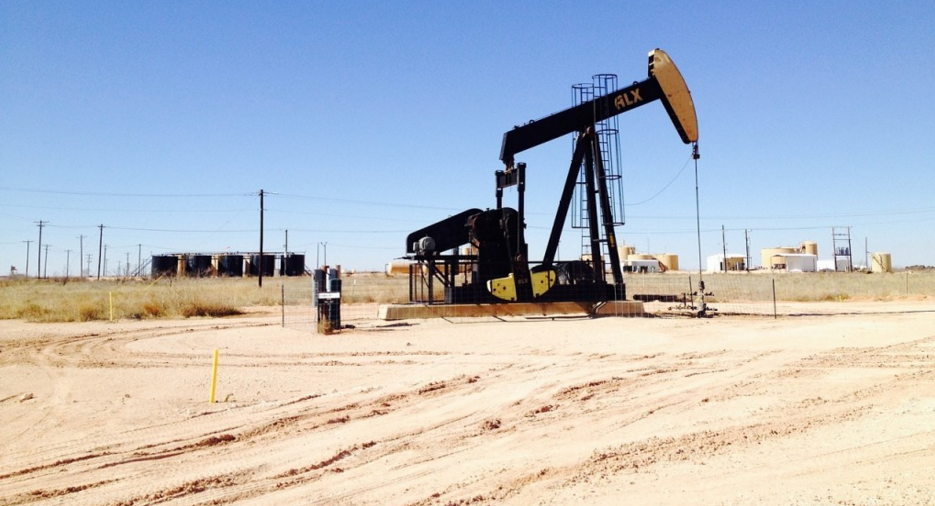
Hydraulic Fracturing and the Ultimate Resource
November 14, 2015 | Post
One of the most valuable economic insights is that human creativity is The Ultimate Resource. (The great economist Julian Simon wrote a book by that name.) It follows that as long as we are free to use our creativity, we don’t have to worry about running out of resources. Truly, human creativity makes resources of […]

Economic Freedom: A Humanitarian Case
October 16, 2015 | Post
Without economic freedom, we cannot exercise our other freedoms. The freedom to speak is meaningless if the government prevents us from traveling from our homes or paying for a phone call. The freedom to write is meaningless if the government prevents us from selling newspapers. The freedom to worship is meaningless if the government forces […]

